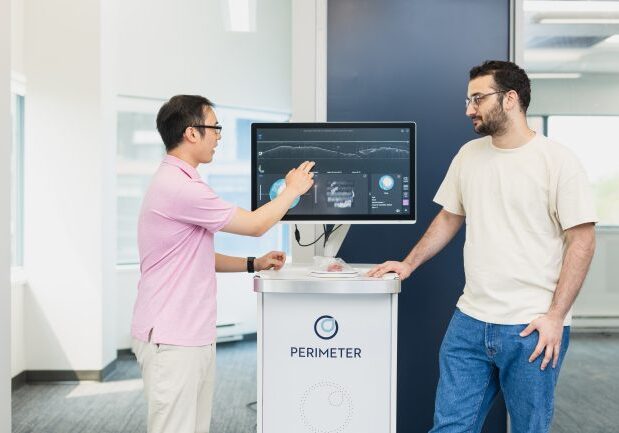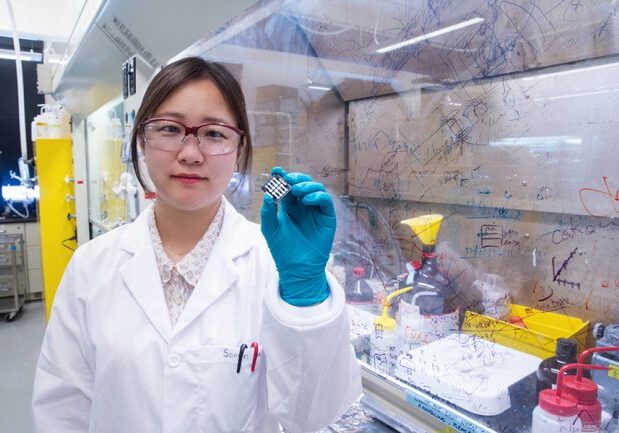
Training AI on machine-generated text could lead to ‘model collapse,’ ECE professor and collaborators warn
Professor Nicolas Papernot says the proliferation of AI-generated content could “pollute” the internet, so the data pool no longer reflects reality
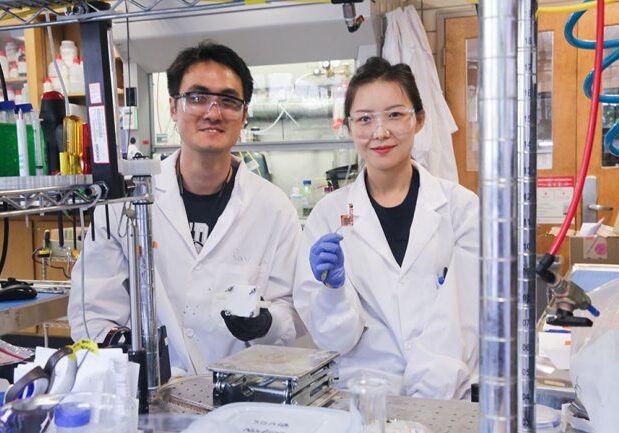
New electrocatalyst improves both stability and efficiency in electrochemical conversion of captured carbon into valuable products
Improved design enables operation in acidic conditions for more than 150 hours, more than ten times as long as previous versions
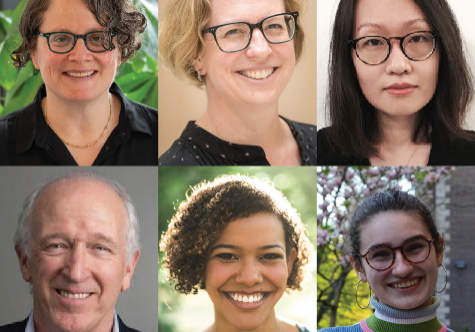
ISTEP/Troost ILead team gains international recognition for engineering leadership research
Professor Cindy Rottmann (ISTEP) speaks about the award-winning research on engineering education, ethics and leadership being conducted at ISTEP
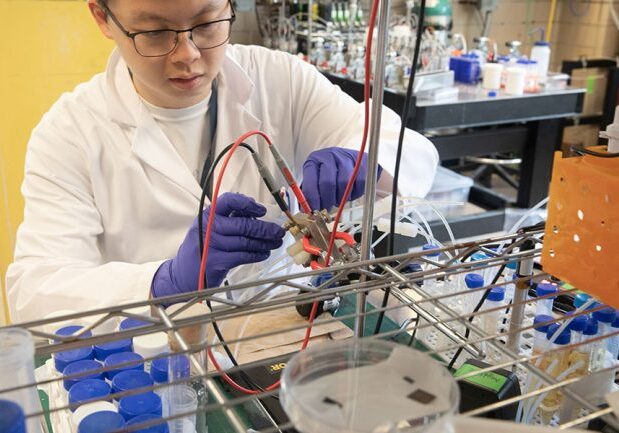
New electrochemical process could raise the efficiency of capturing carbon directly from air
Device designed by U of T Engineering team regenerates carbon capture liquids by rapidly switching between electrolyzer and fuel cell mode

Professor Milica Radisic awarded international Humboldt Research prize
Radisic (BME, ChemE) is a leading expert in organ-on-a-chip technology
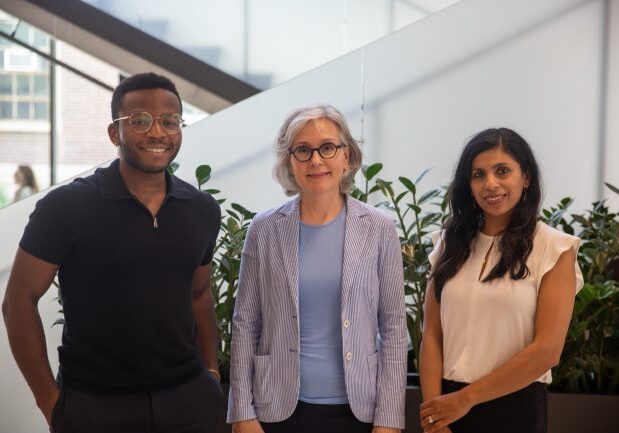
Researchers are creating algorithms to accelerate the development of new cellular therapies to repair damaged tissues
Professor Julie Audet (BME) is collaborating with researchers across U of T Engineering to create tools to enhance the therapeutic properties of cells grown in laboratories

